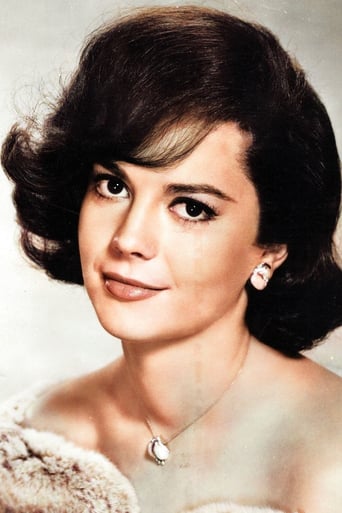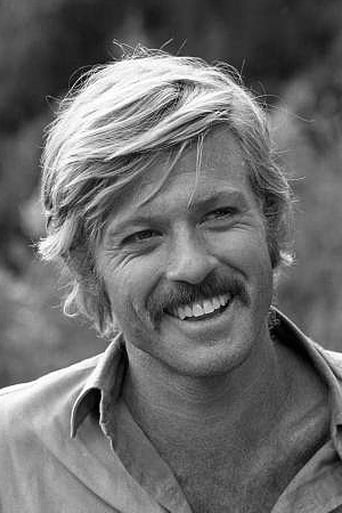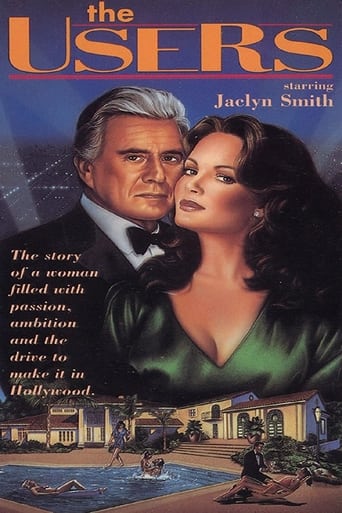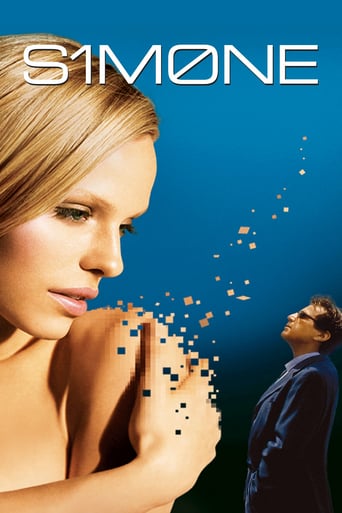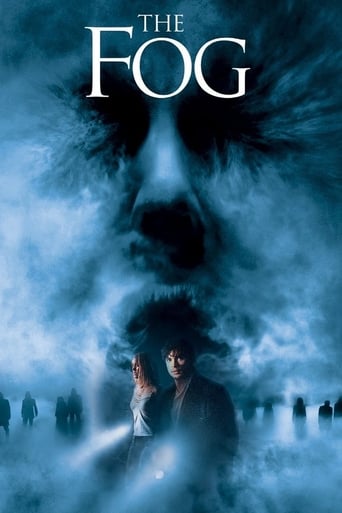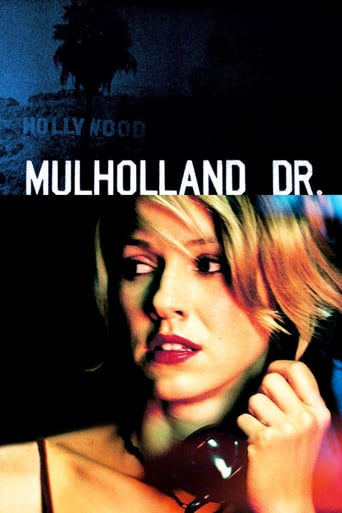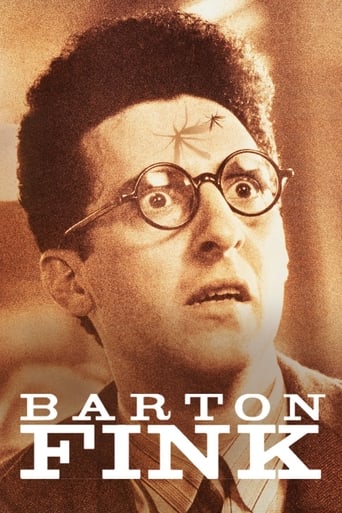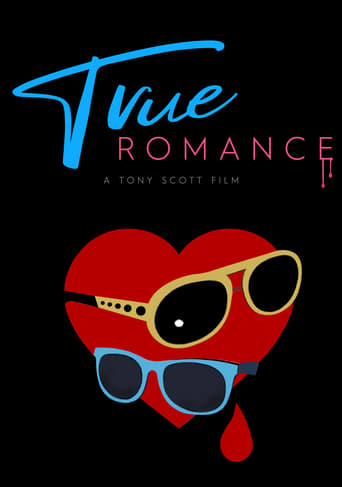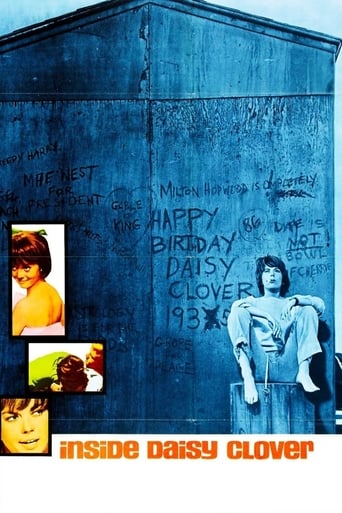
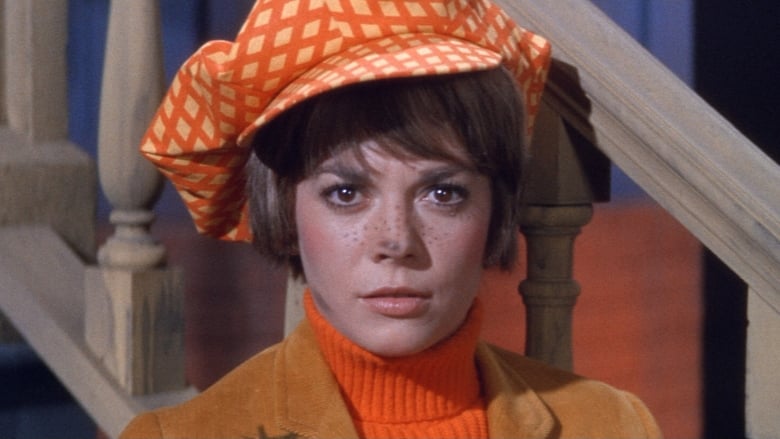
Inside Daisy Clover (1965)
A girl on the road to stardom fights the dehumanizing effects of Hollywood life.
Watch Trailer
Cast
Similar titles

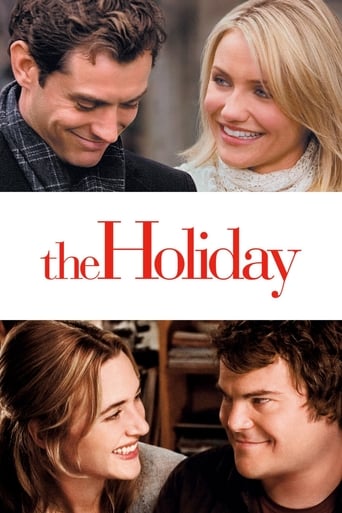
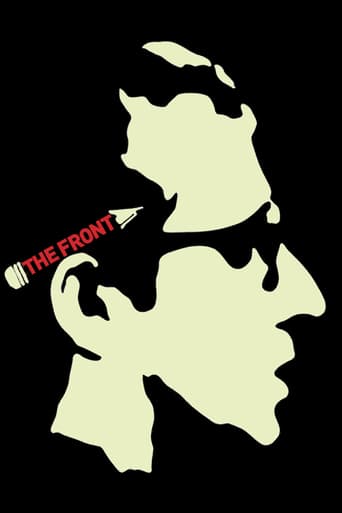

Reviews
This is one of the best movies I’ve seen in a very long time. You have to go and see this on the big screen.
A terrific literary drama and character piece that shows how the process of creating art can be seen differently by those doing it and those looking at it from the outside.
Great story, amazing characters, superb action, enthralling cinematography. Yes, this is something I am glad I spent money on.
Watching it is like watching the spectacle of a class clown at their best: you laugh at their jokes, instigate their defiance, and "ooooh" when they get in trouble.
A great Hollywood story that unfortunately left me disconcerted by the fact that this is a story that takes place during the 1930s & 40's but Natalie Woods character is dressed and made up like she is in the 1960s. I think this lack of veracity simply throws off the entire film and prevents the story to really move forward. How did this immense detail escape Edith Head and the directors eye? As the story moves on you can see, perhaps the reason behind keeping Woods hair in an ugly short bob (maybe to make her look younger?) she is playing a 17 yr old although Wood was 27. The hair is frosted over by 1960s ugly highlights. Natalie Woods costumes are simply horrendous and the films ending looks way off and zany.
This movie did not hit the mark on so many levels, but certainly an interesting movie experience. First off I just dislike the title of this film. And the name Daisy Clover is just too stupid – I understand the movie is based on a book – still stupid.I'm always entranced at how absolutely beautiful Natalie Wood is. In this movie she's captivating. Her lip synching isn't great, but her energy in the production numbers is believable. A Miss: Daisy Clover is discovered as a singer, not a musical performer – so I thought it was weird that she goes to Hollywood just because of her voice and miraculously is also beautiful, a dancer, great performer, actor, etc. I would have believed her as 20 maybe but not 15! That made it hard to really feel she was a young and innocent girl, nor feel empathy for what she must be going through. A Miss: What is that colour of hair she has in this movie? It looks like brown with an overlay of concrete dust streaked in. And what is with the gold lame outfit they keep showing her in – it's so 60s! They could have set this the 60s – but if it's in the 30s, show the 30s please.A Miss: Daisy seems to lose her edgy spunk after being absorbed into Swan studio. At the night of her premiere as they are preparing to leave, Plumber is telling her smile big, bigger, and curtsy low. His wife Melora gives her a personal memento gift and the whole time Daisy just smiles a little confusedly – doesn't say a word. Then she walks out alone for some reason (although they were all supposed to go together?) and Roddy McDowell says 'Here's something for your scrapbook." and it's a promo ad out of a newspaper on her premiere. Suddenly Daisy acts like she's been completely insulted and throws it aside and goes outside and has a hissy fit, fling the gift away, etc. and writing on the building "Raymond Swan is a Mother Killer!" a convenient subplot supports this sentiment, but I'm sure the wink is, yeah, Motherkiller – I get it. And Daisy so hates Roddy McDowell it's lethal, but I never really understood why.A Miss: If they want so much control over this 15 year old, wouldn't Swan and cohorts be making sure she had a friend/mentor to watch over her every second, know all her secrets, and indoctrinating her into studio life? Not just letting her run all over the place, out of control, after they've just groomed her up for a show – something like a little kid playing in the dirt in their Sunday best – i.e. if this is a studio family, where are the parents?A Miss: Obviously the charming cad Wade Lewis isn't good for Daisy – hijacking her away from her shows and premiere. So why is there no one watching out to make sure she doesn't get tangled up with Wade since Raymond and Melora knew all about him? And if she's 15 isn't that statutory rape? The Swans finally get around to stepping in – and so Wade asks Daisy to marry him in front on the Swans. So they get married – same question – is she allowed to marry at 15? A Miss: An elaborate wedding and no plans for the honeymoon? The newlyweds stay in a shabby adobe roadside motel in a place called Jaw Bone where he abandons her? And they arrive like fugitives, albeit stopping in what appears to be the middle of the day totally exhausted, saying it's an hour before dawn – seems so fake. Wouldn't Swan have everything to say about the image of his precious Daisy and take care of her honeymoon? A Miss: The almost comedic ending to this movie – so strange. A better ending would have been that she succeeds - or does herself in with booze, etc. This is a tragedy right?A Hit: I love when Melora screams "She doesn't have a headache – she has a HEARTAAACH!!! Best overwrought line in the show!!A Hit: Plummer is great in his talk to Daisy by the pool. Only thing is they never show Daisy's face – just the top of her head and so you don't get any satisfaction of seeing her reactions to his words. He's such a vampire – giving her deep passionate energy-sucking kisses and the next moment slapping her face. "There's more where you came from."A Hit: Ruth Gordon is worth watching – she's stands out as the only real, flesh and blood person, with any colour at all in the movie.A Hit: Daisy's meltdown in the sound booth - the spooky silence with just cold machinery noises faintly heard while we see her losing it in stages. Very Orson Wellsian.
This is exactly the type of film that could never be made today. The artistic freedom on display here is breathtaking and achingly nostalgic. No Hollywood cookie-cutter, it crosses genres faster than multiplex ticket-crasher going from beatnik to "A Star is Born' to "Sunset Blvd." to "All That Jazz" to "I Could Go on Singing" -- and somehow it works! Natalie Wood plays teenager Daisy Clover who sends a 45 vinyl record (it's the '30s) to Swan Studios and soon becomes America's "Little Miss Valentine." And she pulls it off, even though we saw her at the same age 10 years earlier in "Rebel Without a Cause." For aspiring writers and directors -- and for working ones -- I challenge you to find a film where the absence of dialogue is used with more effectiveness, in this case, underrated Natalie Wood saying nothing as her world whirls aorund her with dizzying speed, romanced by Wade Lewis (Robert Redford), mentored by Raymond Swan (Christopher Plummer), befriended by Mrs. Swan (Katherine Bard in a transcendent performance). These were the days when the paparazzi were literally owned by the studios. FYI Angel Beach is Santa Monica beach and you'll recognize the pier and the most filmed merry-go-round in history. I was fascinated how, in 1965, so many taboo subjects got through the ratings board. Worth it just to see one of the greatest screen marriage proposals ever.
Natalie Wood is fifteen year old Daisy Clover, a feisty kid who lives in a shack with her dotty mother, Ruth Gordon, in 1936 Los Angeles. She comes to the attention of Christopher Plummer, owner of Swan Studios, who smooths the rough edges off her cygnet image, dresses her as Alice in Wonderland, and puts her in "major motion pictures" as "America's New Valentine." It's what Wood has always wanted -- fame, money enough to lift her mother out of poverty, and, mostly, self actualization. It's all expressed in the theme song we hear her sing -- "You're Gonna Hear From Me." An ambitious movie, it has some sizzling moments but they're constantly undercut by some incredibly unimaginative elements. Let me get them out of the way first.That theme song. "You're Gonna Hear From Me." It's not badly constructed, it's appropriate to the story of Wood's rise to fame, her thumos, as the Greeks would have called it. But it's one hundred percent generic. It belongs in the same category as "Tomorrow" and "I've Gotta Be Me" and "The Impossible Dream." Worse, the orchestration, by Albert Woodbury, is thoroughly modern in its instrumentation and harmonies. I presume the motives were commercial. "You're Gonna Buy This Record." You get to hear it in all its prodigiousness three times. And the narrative itself is rather like a soap opera. Wood is betrayed at every turn. The charming, extremely handsome, poetry-quoting Robert Redford first seduces her, then is forced by circumstances to marry her, then deserts her -- REALLY "deserts" her, leaving her alone, without transportation, in a shabby motel in the middle of Arizona -- for a male lover.She turns to Plummer, studio owner, who offers her understanding and comfort -- then he begins schtupping her too.Tragedy upon tragedy. Her beloved mother dies. Wood goes into a mute depression, delaying the picture she's making, until Plummer's patience runs out and he begins slapping her face while she mourns. By this time, the viewer aches more intensely than Wood herself for her luck to turn.We don't get to see much movie making, only one scene of Wood doing a musical number about a circus, and it there is a complete absence of any sense of realism. According to the movie, the complicated scene involves singing and dancing and it's all shot in one take. In the middle of it, Wood walks up to a mirror and looks into it, and the director, Robert Mulligan, commits the stupidest move any director can be guilty of. Wood peers into the mirror but instead of looking at her own face, as she should, she's gazing obliquely into the glass and looks directly at the camera lens behind her. Isn't there SOMEBODY who's job it is to see that the audience isn't hit over the head with such a clumsy device that can only serve to undercut the suspension of disbelief? I mean, when is the last time you saw your face in a mirror by looking at the reflection from an angle of 45 degrees? But there is some good stuff too. First, Natalie Wood gives what is probably her finest performance. She was never a Great Actress, but she shows more skill here than in anything else she's done, probably with help from Mulligan. She is into her cynical and determined character, but she's vulnerable too. She's no cutie pie here. And watch her face as Plummer introduces her to her audience and accompanies her down a long staircase. Half a dozen emotions -- happiness, satisfaction, fear -- all flit across her features second by second, colors across a frenzied chameleon. A marvelous scene.And, here and there, Mulligan challenges the conventions of the genre, of films in general. Wood's breakdown during a looping session is well done. And there is a long scene in which Plummer explains Redford's treacherous character to a devastated Wood. She's been awake all night and is lying on a lounge next to the pool. Plummer's performance is a tour de force. And Mulligan shoots him from behind Wood's reclining figure. Her head is propped on her hand. She never utters a word. And not ONCE does Mulligan cut to a reaction shot. Through the entire scene we see nothing but her tousled hair. It take self confidence to do something like that, and it takes guts.The skill and the buffoonery just about cancel each other out and what we're left with is a formulaic story of someone's rise to the top, the disillusionment that follows, and a couple of magnificent performances and well-stage and edited scenes.
